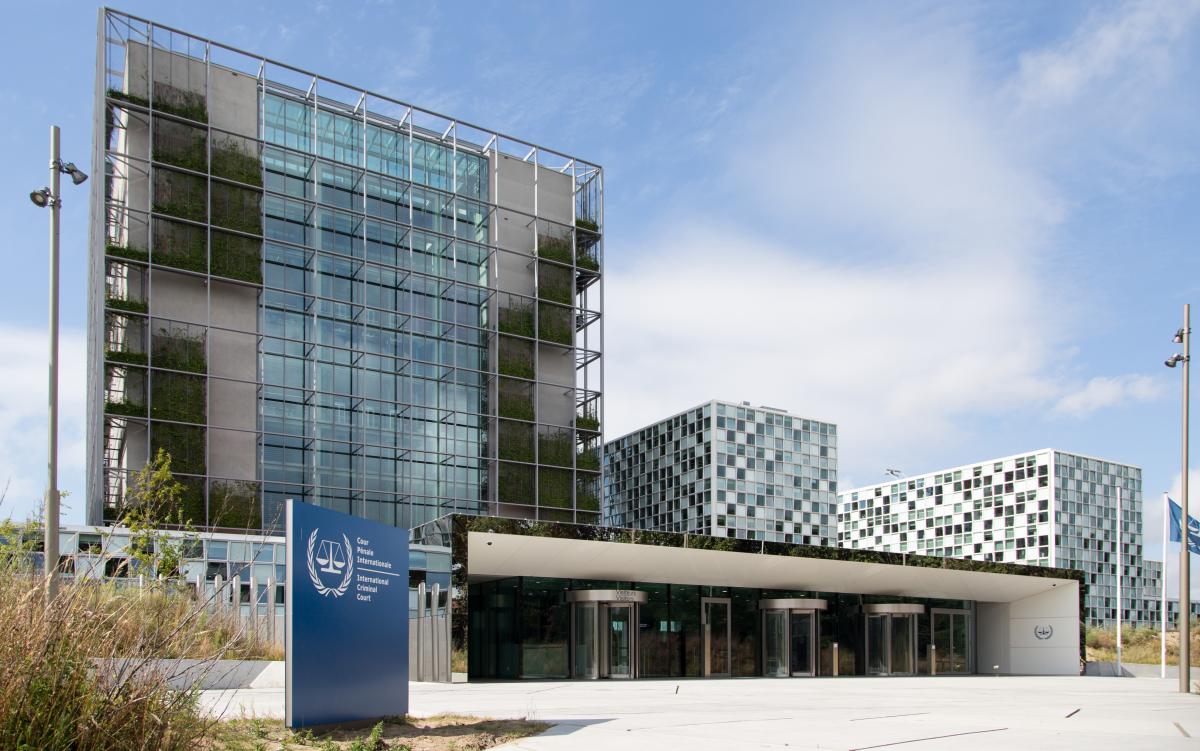Gbagbo and Blé Goudé case: ICC Trial Chamber I files the written reasons for the acquittal

On 15 January 2019, Trial Chamber I of the International Criminal Court ("ICC" or "Court"), by majority, Judge Herrera Carbuccia dissenting, issued an oral decision acquitting Mr Laurent Gbagbo and Mr Charles Blé Goudé from all charges of crimes against humanity allegedly committed in Côte d'Ivoire in 2010 and 2011.
Today, 16 July 2019, Trial Chamber I issued its full reasons for the decision. The Majority, composed of Judge Tarfusser and Judge Henderson provided a detailed analysis of the evidence in Judge Henderson's reasons (Annex B). Judge Tarfusser has also separately set out his reasons and additional reflections on the case (Annex A). The reasons for Judge Herrera Carbuccia's dissenting opinion can be found in Annex C.
The Majority's reasons, as set out in Annexes A and B, address and develop all the points noted in the Oral decision. In particular, the majority explains why, in its view, the Prosecutor
Has failed to demonstrate that there was a "common plan" to keep Mr Gbagbo in power, which included the commission of crimes against civilians;
Has failed to demonstrate the existence of the alleged policy to attack a civilian population on the basis of the alleged patterns of violence and other circumstantial evidence cited in support;
Has failed to demonstrate that the crimes as alleged in the charges were committed pursuant to or in furtherance of a State or organisational policy to attack the civilian population;
Has failed to demonstrate that public speeches by Mr Gbagbo or Mr Blé Goudé constituted ordering, soliciting or inducing the alleged crimes or that either of the accused otherwise knowingly or intentionally contributed to the commission of such crimes.
In the view of the Majority, one of the fundamental flaws of the Prosecutor's case was that it presented an unbalanced narrative, which was built around a unidimensional conception of the role of nationality, ethnicity, and religion (in the broadest sense) in Cote d'Ivoire in general and during the post-electoral crisis in particular and which ignored essential information without which it was not possible to fully understand what happened and certainly not what motivated key political actors in this case. Without making any findings in this regard, the Majority was of the view that the picture emerging from the evidence appeared to differ substantially from the one painted by the Prosecutor. The Majority also explains why it is of the view that the tendered evidence, most of which was circumstantial, was too weak to be capable of supporting the inferences the Prosecutor asked the Chamber to draw.
As far as the five charged incidents are concerned, the Majority analysed the relevant evidence without putting into question the fact that crimes were committed and focused instead on whether it was possible to establish who was criminally responsible for those crimes. The Majority concluded, in this regard, that the available evidence did not support the allegation that the crimes were the result of a policy to target perceived political opponents. Furthermore, the Majority was not satisfied that the evidence relied upon by the Prosecutor was sufficient to establish a pattern of crimes from which such policy could be inferred.
In addition, in his concurring opinion, Judge Tarfusser focussed on some specific features of the case, including developments preceding the opening of the trial and before the Appeals Chamber following the acquittal; he also expressed criticism of the Prosecutor's performance both at the investigative and prosecutorial stage, as well as of the Defence.
In her dissenting opinion, Judge Herrera Carbuccia found that there is sufficient evidence, if accepted, on which a reasonable Trial Chamber could convict Mr Gbagbo and Mr Blé Goudé for crimes against humanity of murder, attempted murder, rape, inhumane acts and persecution committed against the civilian population within the context of post-election violence in Côte d'Ivoire.
Mr Gbagbo and Mr Blé Goudé remain under conditional release pursuant to the Appeals Chamber's decision of 1 February 2019.
Majority’s decision and annexes
Dissenting opinion of Judge Herrera Carbuccia
Video: Ask the Court: The decision on the acquittal of Mr Gbagbo and Mr Ble Goude
Background: The Prosecutor brought against Laurent Gbagbo and Charles Blé Goudé charges of crimes against humanity (murder, rape, other inhumane acts or – in the alternative – attempted murder, and persecution) allegedly committed in the context of post-electoral violence in Côte d'Ivoire between 16 December 2010 and 12 April 2011.
Since the beginning of the trial on 28 January 2016, 231 hearing days were dedicated to the presentation of the Prosecutor's evidence and 82 witnesses testified in court and through video link; thousands of documents were submitted into evidence, hundreds of motions, requests and decisions were filed. On 4 June 2018, the Chamber declared that that the presentation of the evidence of the Prosecutor was closed.
On 23 July 2018, Laurent Gbagbo's Defense filed its "Requête de la Défense de Laurent Gbagbo afin qu'un jugement d'acquittement portant sur toutes les charges soit prononcé en faveur de Laurent Gbagbo et que sa mise en liberté immédiate soit ordonnée" (Defence Motion for acquittal and immediate release). On 3 August 2018, the Defence of Charles Blé Goudé filed a No Case to Answer Motion. Hearings were held by the Chamber in October and November 2018 during which the Prosecution, the Legal Representatives of Victims and the two Defence teams presented their arguments regarding this Motion.
Further information on this case is available here
For further information, please contact Fadi El Abdallah, Spokesperson and Head of Public Affairs Unit, International Criminal Court, by telephone at: +31 (0)70 515-9152 or +31 (0)6 46448938 or by e-mail at: [email protected]
You can also follow the Court's activities on Twitter, Facebook, Tumblr, YouTube, Instagram and Flickr